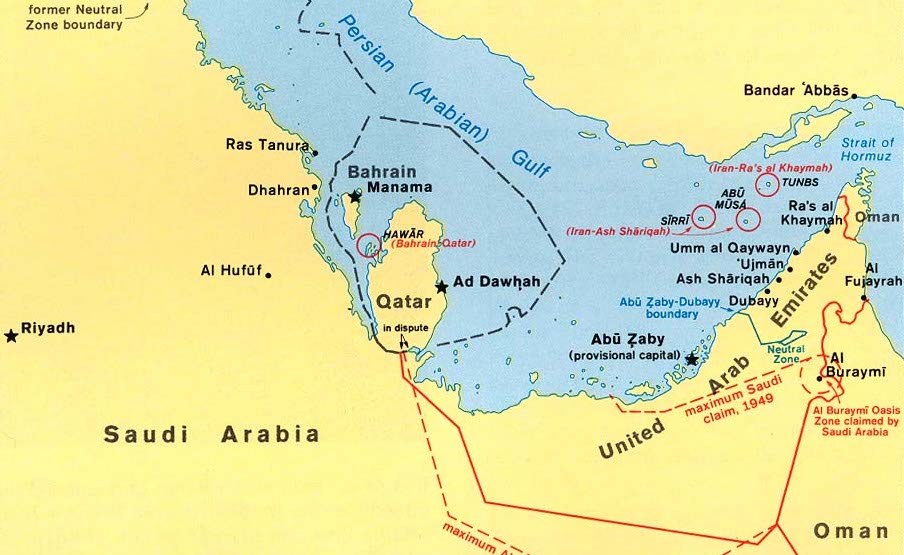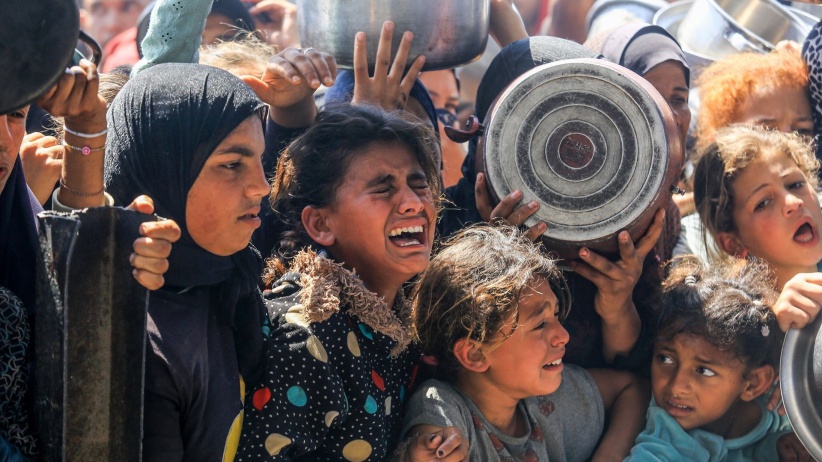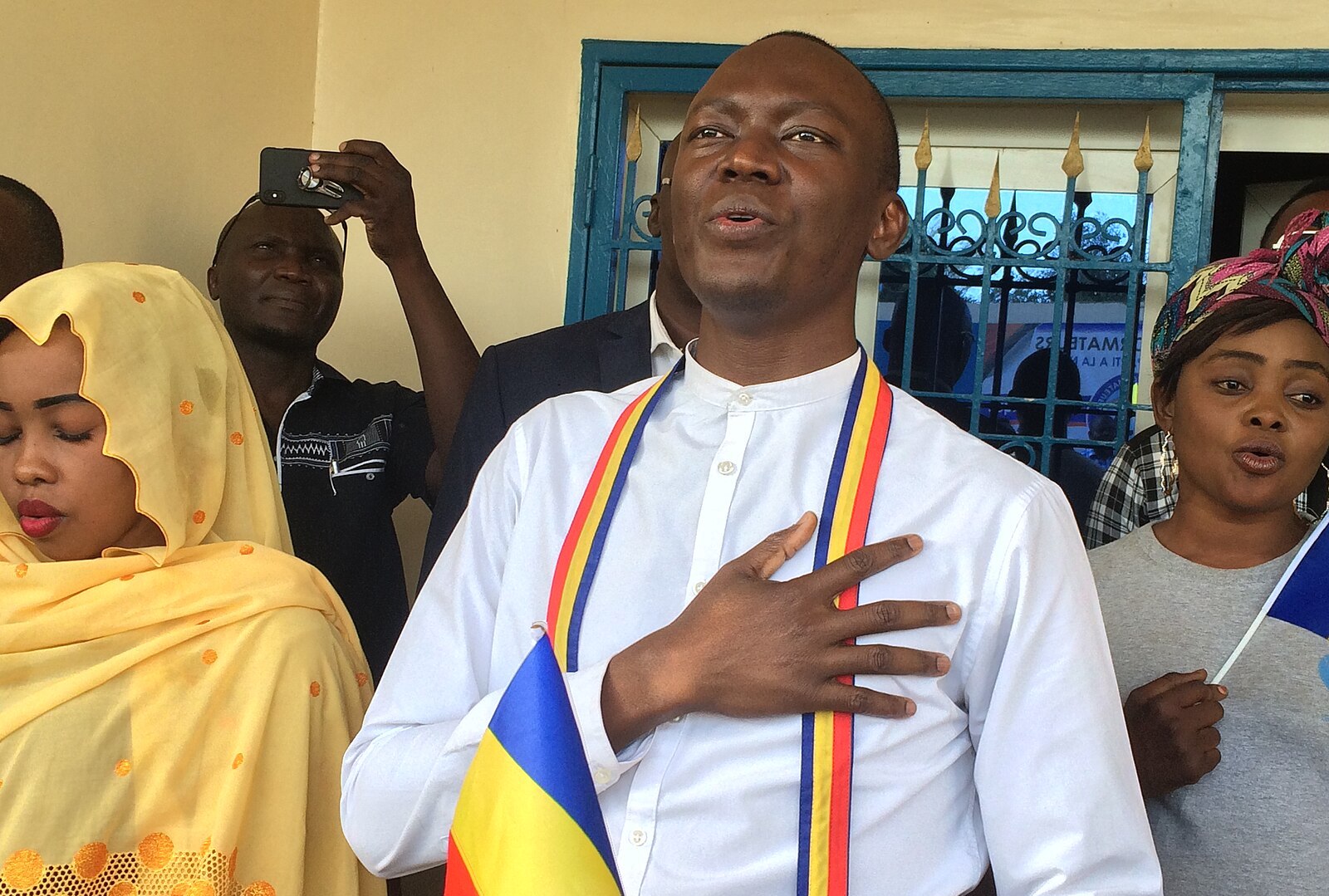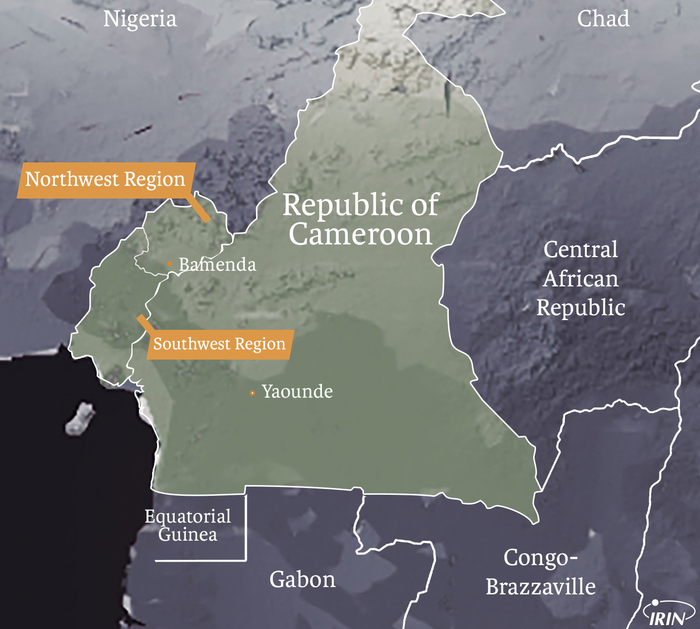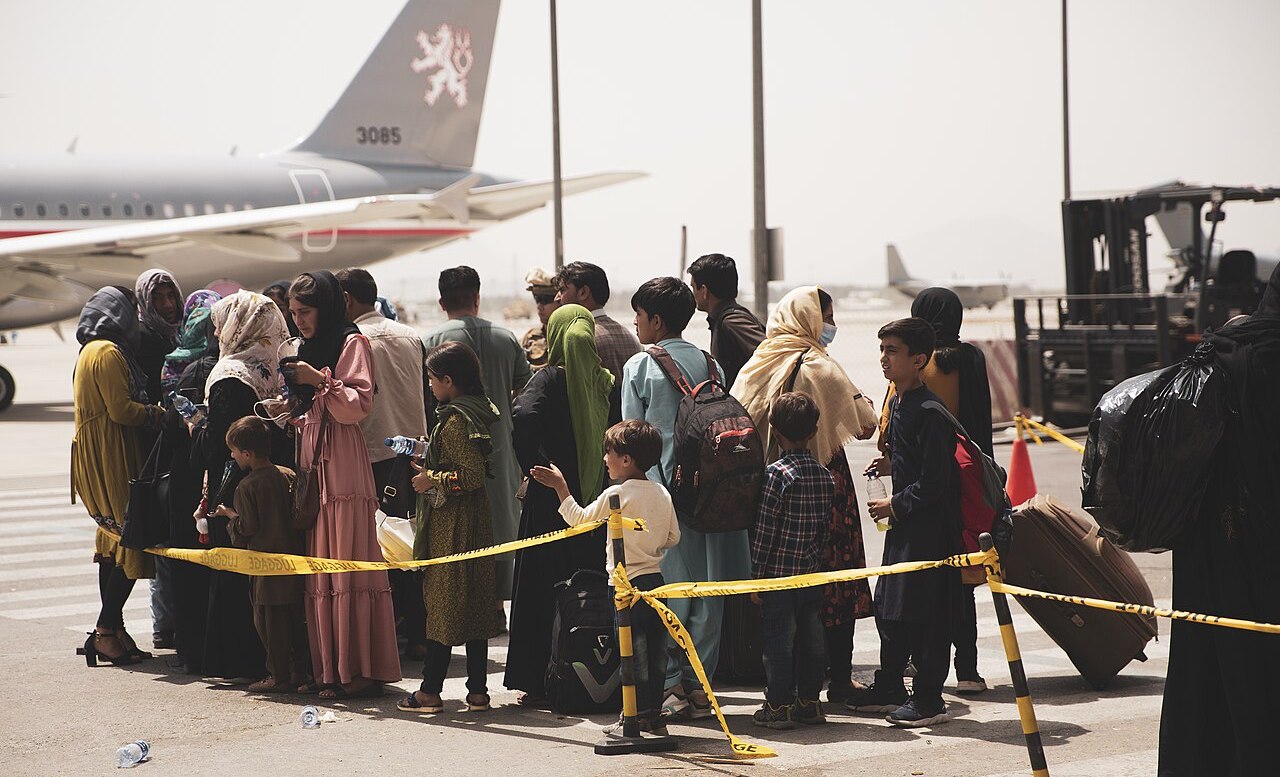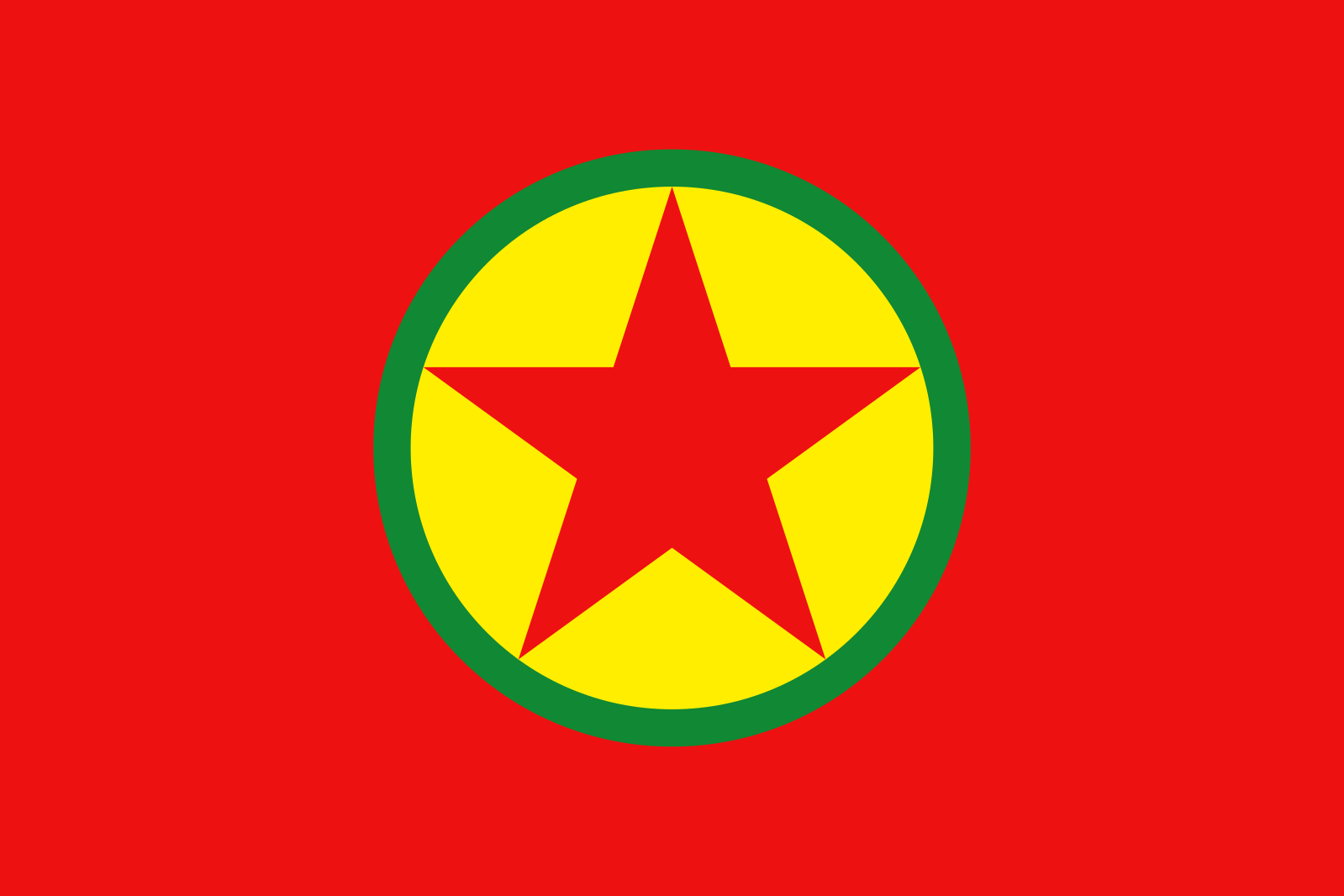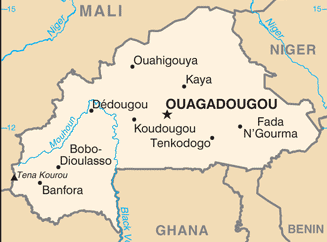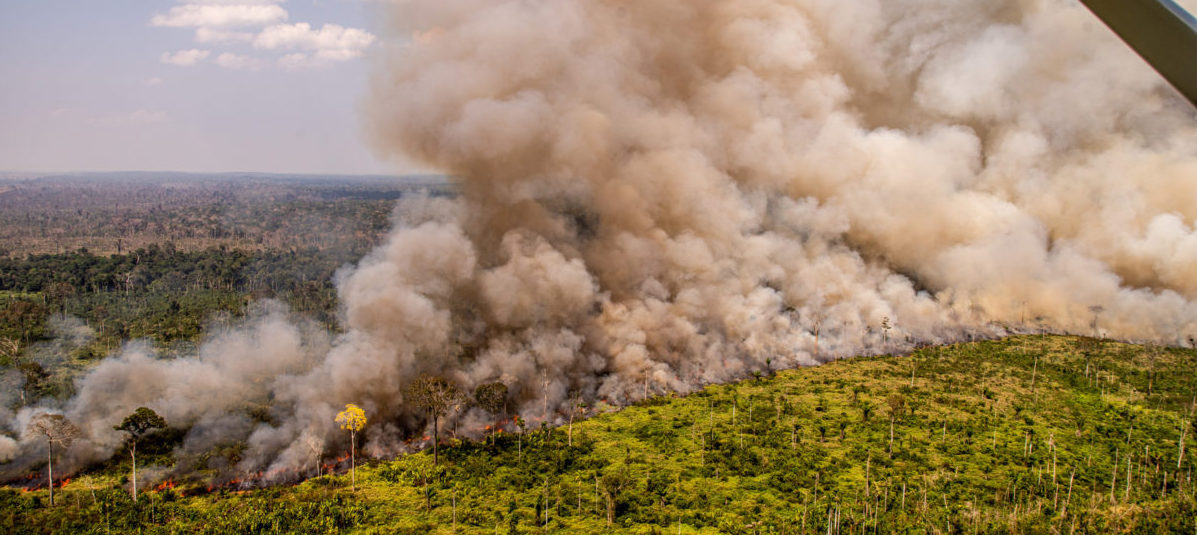
Global forest loss shattered records in 2024
Global forest loss surged to record highs in 2024, driven by a catastrophic rise in fires, according to new data from the University of Maryland’s Global Land Analysis & Discovery (GLAD) Lab, made available on the World Resources Institute‘s Global Forest Watch platform. Loss of tropical primary forests alone reached 6.7 million hectares—nearly twice as much as in 2023 and an area nearly the size of Panama, at a rate of 18 soccer fields each minute. For the first time on record, fires—not agriculture—were the leading cause of tropical primary forest loss, accounting for nearly 50% of all destruction. This marks a dramatic shift from recent years, when fires averaged just 20%. Meanwhile, tropical primary forest loss driven by other causes also jumped by 14%, the sharpest increase since 2016. (Photo via Mongabay)




